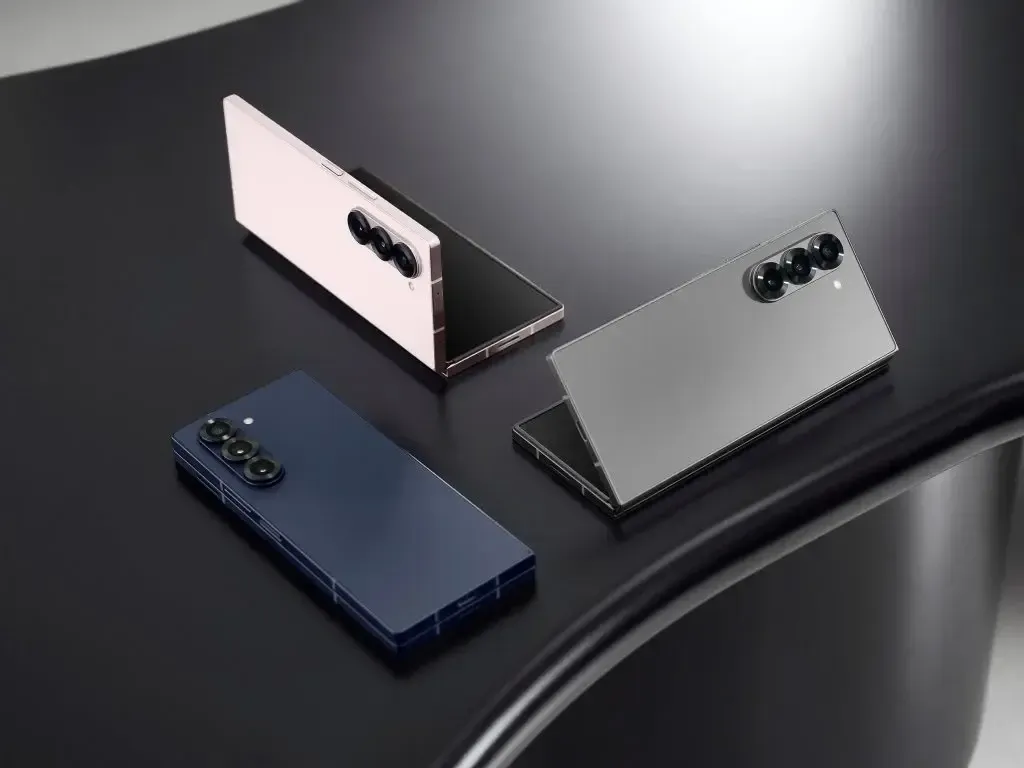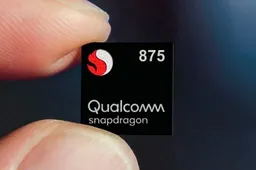S Translator is going down Samsung to kill another internal service
SamsungWednesday, 04 November 2020 at 03:51

Samsung is about to kill another service of its own. The company announced earlier this week that it will shut down the S Translator service on December 1, 2020. The service is used as an alternative to Google and Microsoft's translation services. Samsung's S Translator has not gained many fans among Samsung smartphone users, and the service is mostly only available on high-end Galaxy devices. The Samsung announcement mentioned that all information collected by the service from users will be destroyed on the same day.

Samsung also thanks S Translator users for their interest in and use of the service over the years. S Translator provides language translation between 11 languages: Brazilian Portuguese, English (UK), English (US), French, German, Italian, Japanese, Korean, Russian, Simplified Chinese, and Spanish.
Samsung is working to streamline its mobile application ecosystem and has previously closed a number of services, such as S Voice, Mirrorlink, and Find My Car. It is difficult to say whether Samsung has completed the killing of its unpopular services, but Bixby may be next.
An excerpt from the termination message reads
In the meantime, we would like to thank those who have used the S Translator service. We inform you that the above service, which has given us a lot of interest and love, can no longer be provided due to the company’s operating policy. Upon termination of this service, your personal information collected for the purpose of providing the service will be destroyed without delay in order to protect your personal information.
Samsung keeps its domain in the smartphone market
The year 2020 has been rough thanks to the COVID-19 pandemic. There are a lot of segments in the industry suffering from the pandemic consequences. However, we can say that the smartphone market has taken the biggest hit in the early months of 2020. So far in Q1 and Q2 2020 most companies couldn't achieve expressive results. However, this quite improved during Q3 2020. After all, in the three months period that starts in July and ends in September most governments have lifted lockdown restrictions and costumers were able to resume their consumption schedule. Of course, we can only see the start of a recovery as the results are still worse than that of Q3 2019. According to Canalys, 348 million smartphones were shipped between July 1 and September 30 and Samsung has kept its domain.
Samsung saw strong demand for its smartphones in Q3 2020
This amount of shipments still is 4 million fewer units than the same period last year. However, it's an expressive result if we take the COVID-19 pandemic the account. Quarterly, the overall market grew by 22%. Samsung, to no one surprise, has kept its domain as the worldwide smartphone market leader. The South-Korean company amassed 80.2 million shipments thanks to a hike of 50% in smartphone sales during the Q3. The company saw an expressive increase in the sales of mid-range phones. Samsung has been successful in that it has stolen Xiaomi's position in the Indian market and became the market leader once again.
In the second place, we have Huawei. The Chinese company managed to sell 51.7 million smartphones. That is an impressive number if you consider how the company is struggling with the US ban and for how many times it is running without Google services. However, the company is still going down relative to last year. As at last year, it sales hit 66.8 million units. While Huawei is losing space, other Chinese companies are gaining space in Global markets. Xiaomi, for example, managed to dethrone Apple and take third place with 47.1 million shipments during the last three months. This is a remarkable increase of 45% over last year. Xiaomi has become the fastest-growing company in the Q3.
Popular News
Latest News
Loading


